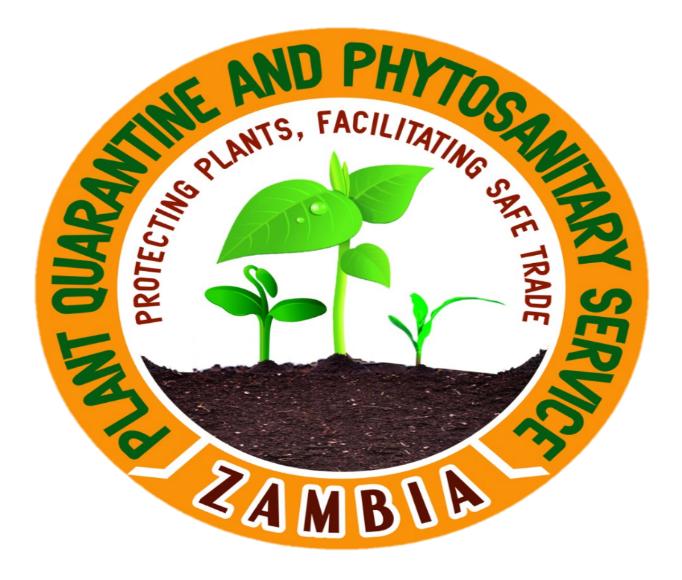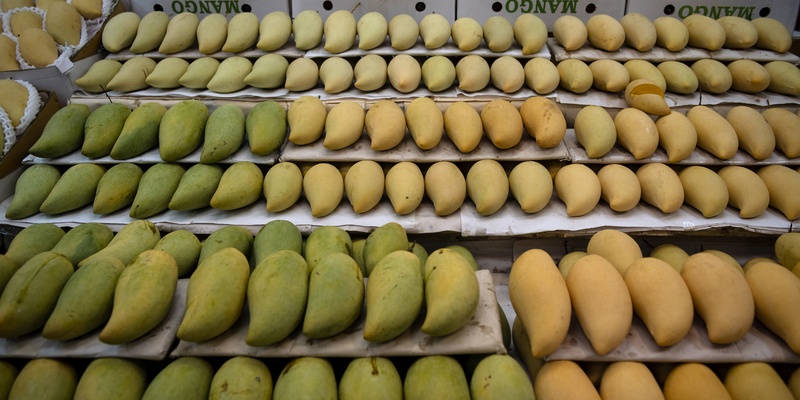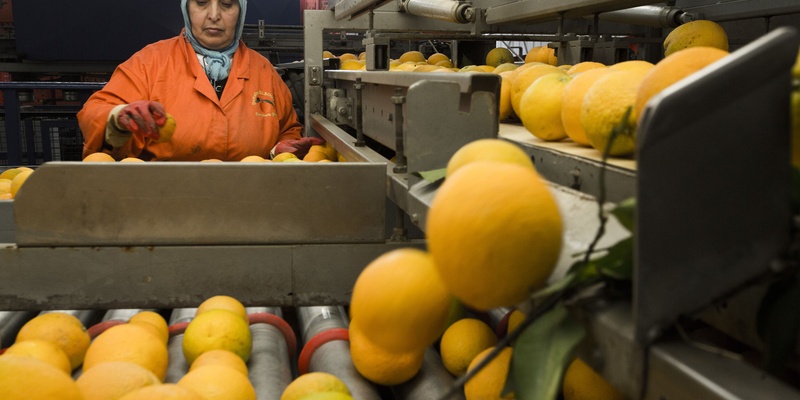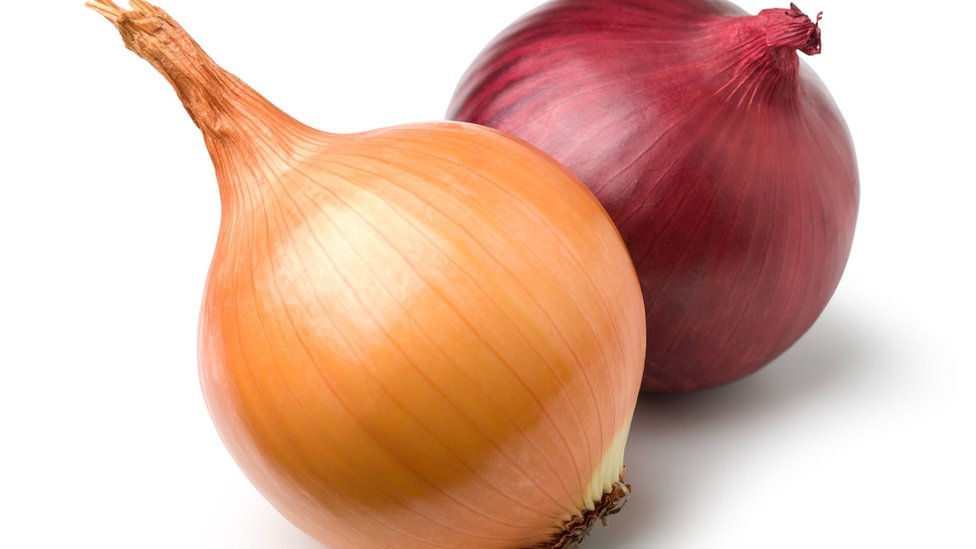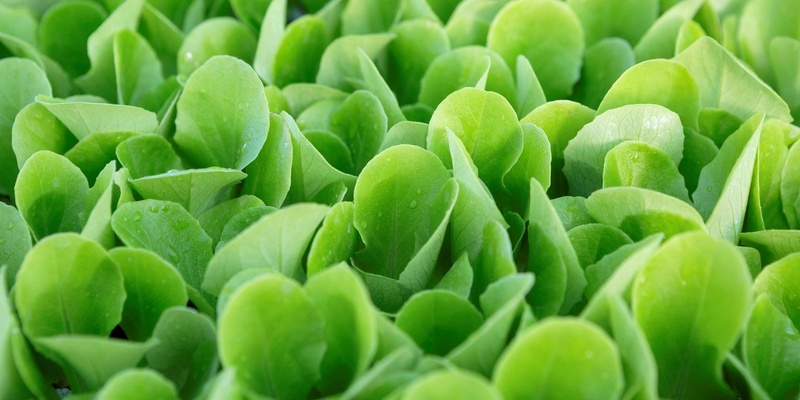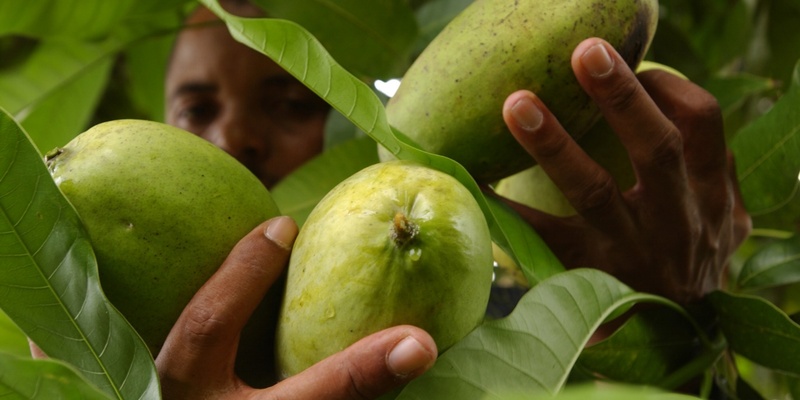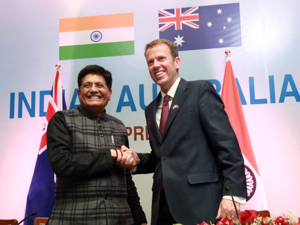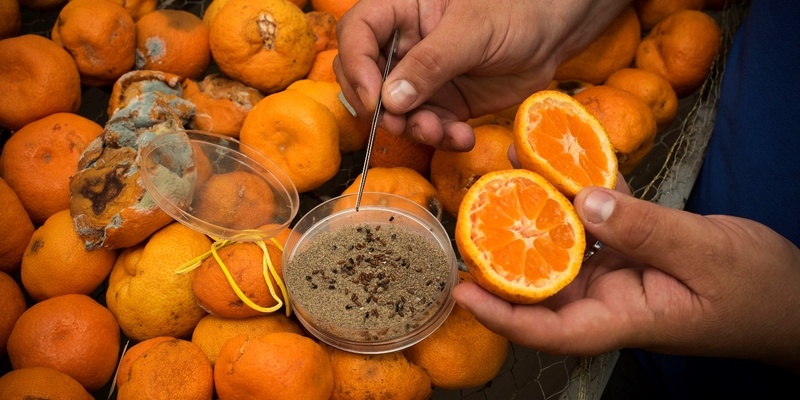The Second IPPC-China Technical Workshop on Development of National Phytosanitary Capacity
Posted on Mon, 28 Feb 2022, 14:01 ROME, 28 February 2022. The Secretariat of the International Plant Protection Convention (IPPC) organized the second virtual technical workshop on phytosanitary measures for contracting parties in developing countries from 21 to 25 February. The workshop was supported by the IPPC China project “Strengthening the Capacity of Developing Contracting Parties to Implement the IPPC and its Standards under FAO-China South-South Cooperation Programme.” The workshop was attended by 112 participants from 41 countries. including 16 countries in Africa, 13 in Asia and the Pacific, four in Central and Eastern Europe and Central Asia, four in the Latin America Region and four in the Near East and North Africa. In his opening remarks, Jingyuan Xia, Director of FAO Plant Production and Protection Division stated, “The IPPC-China project is an important undertaking supported by the FAO-China South-South Cooperation programme. With USD two million of funding, the project focuses on improving the phytosanitary capacity of developing countries of the IPPC. The main activities supported through the project covered organization of 5 IPPC regional workshops, two IPPC high-level symposia, and two technical workshops (virtual), as well as delivery of international year of plant health 2020 and implementation of FAO global action on FAW control.” He emphasized that the second virtual workshop aimed to build the capacity of contracting parties in developing countries by promoting bilateral and regional cooperation on phytosanitary issues and to share information on technology and products. Jianmin Xie, Counsel (DG level) of the Department of International Cooperation of the Ministry of Agriculture and Rural Affairs (MARA), affirmed his commitment to the IPPC: “China is always willing to share its phytosanitary technologies and plant protection experience with developing countries,” he said. “This is to jointly improve their ability to honor their commitment to the IPPC and to contribute to world food security and agricultural sustainability,” he added. Jianmin Xie commended the achievements of the IPPC Secretariat and the activities under the IPPC-China Project. Participants were given an overview of the FAO-China South-South cooperation and the agricultural development and perspectives in the People’s Republic of China. Participants also learned about the impact of pests and how to control them using integrated measures. These include monitoring and early warning, using new technologies such as pest radar, and employing agricultural control such as the use of Bacillus thuringiensis (Bt) and genetically modified organisms (GMOs) such as Bt cotton. Other pest control measures include physical control, ecological regulation and the use of biotechnologies. Participants further benefited from the presentation on institutional innovation and technological development trends of China’s entry and exit plant quarantine, and on the Chinese agricultural technology extension system. Many participants showed interest on how China’s NPPO supervises and manages its a vast plant health management system, comprising of 2 956 institutions. Participants also learned about China’s phytosanitary laws and regulations and how plant quarantine measures are implemented in 6 000 monitoring sites distributed across 31 provinces. Some participants inquired knowledge about the availability, accessibility and cooperation channels of China’s latest phytosanitary technology and tools. The second virtual technical workshop was organized with the support of the FAO Plant Production and Protection Division (NSP), the South-South and Triangular Cooperation (PST) Division, the Center of International Cooperation Service (CICOS) of the Ministry of Agriculture and Rural Affairs (MARA) of the People’s Republic of China, the General Administration of Customs of China, the Chinese Academy of Agricultural Sciences, and the National Agricultural Technology Extension and Service Center. More information: IPPC Global Project on Capacity Development under the framework of the FAO-China South-South Cooperation Programme
